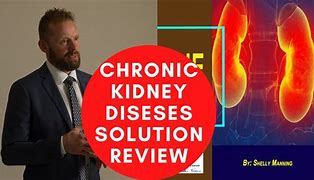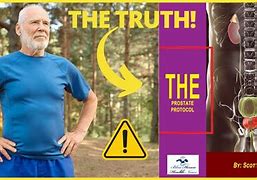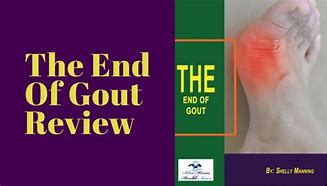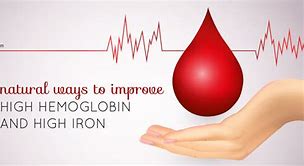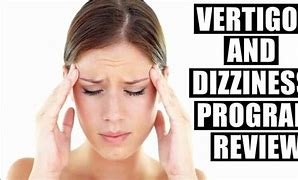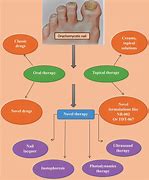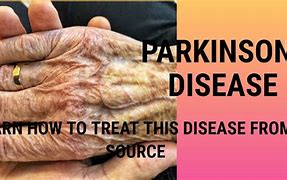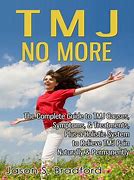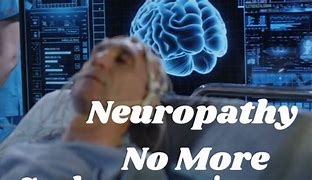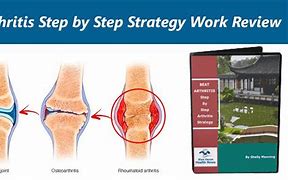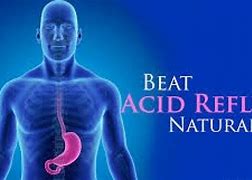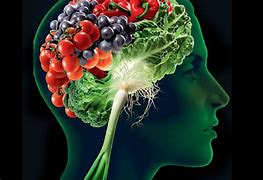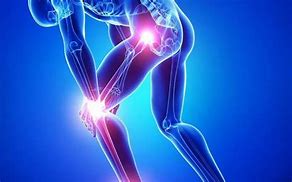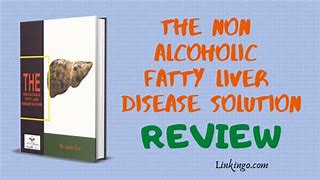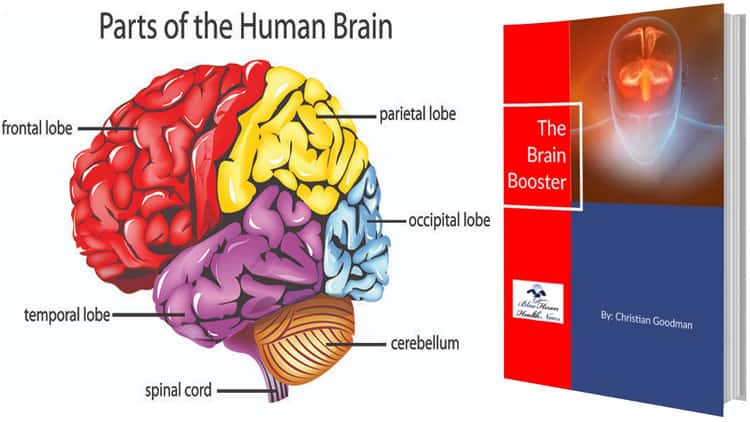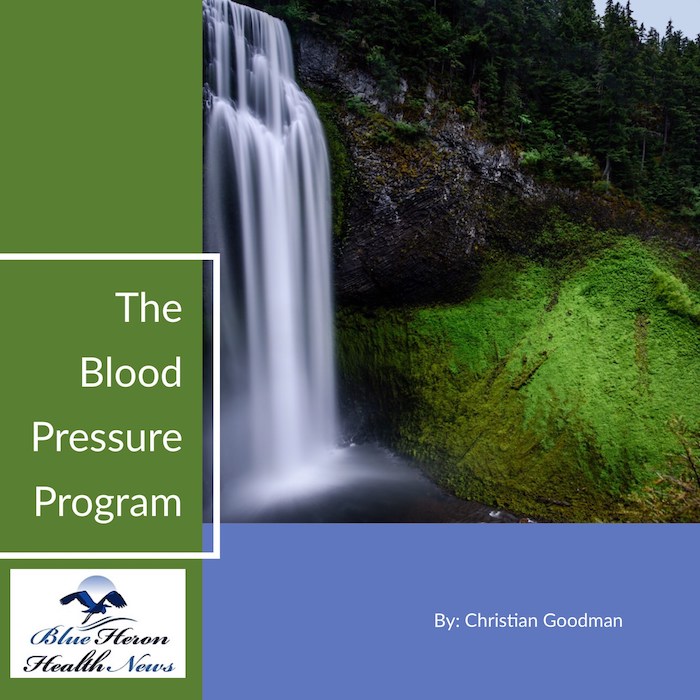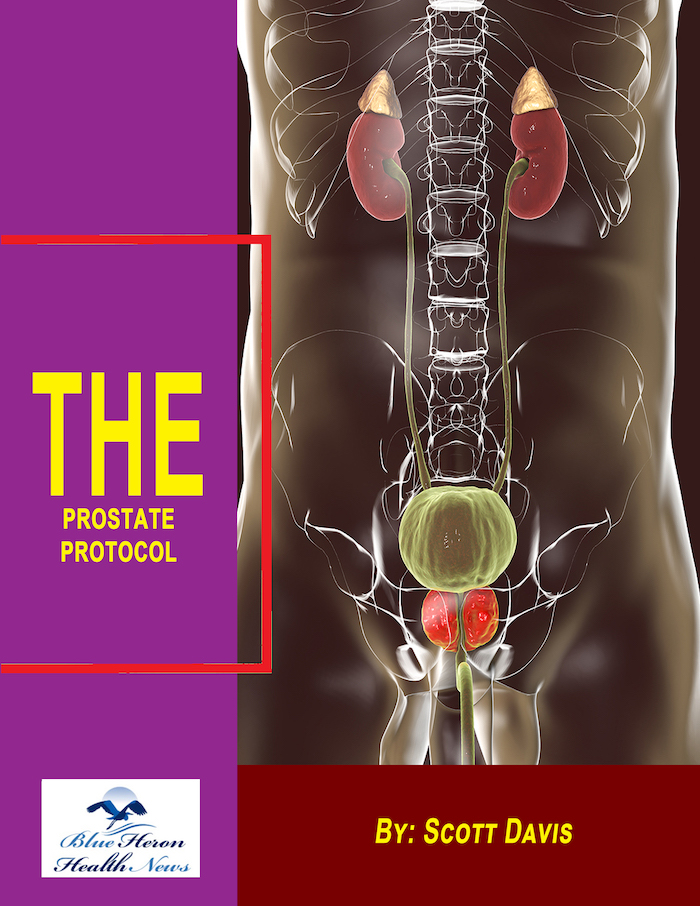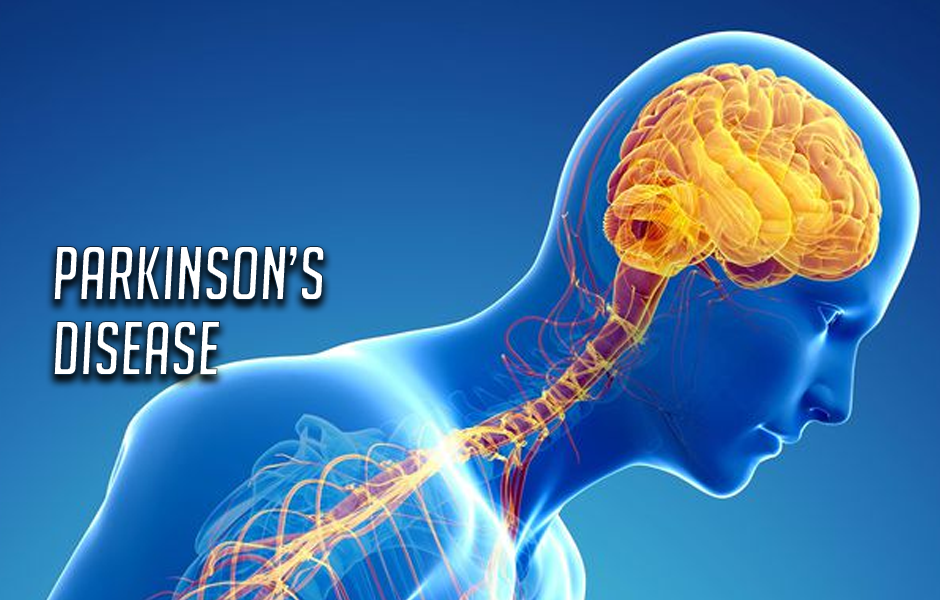Why am I feeling dizzy?
"Why am I feeling dizzy?" is a common query many of us have encountered, whether on typical days or during illness. It is quite a point to ponder since it deliberately affects our nervous coordination and health.
While dizziness may be unpleasant, the fact that people frequently experience the condition is probably not shocking to you. You might not be aware that vertigo, a similar but more severe disease that makes you feel as though the room is spinning while you are still, is also widespread, affecting roughly 40% of adults over the age of 40 at some point in their lifetime.
How can you tell if you are experiencing vertigo or simply regular dizziness?
The primary distinction is that vertigo can cause vomiting and nausea and could be an indication of a severe balance condition. In contrast, dizziness only makes you feel unsteady for a short period. However, dizzy episodes can range from mildly unpleasant to severely incapacitating.
What do you mean by "Vertigo"?
According to the definition, vertigo is a dizziness-like sensation of movement or spinning.
Dizziness is not the same as vertigo. People who suffer from vertigo believe they are spinning or that the world is swirling around them.
Here are the causes of vertigo and general vertigo, as well as what to do if you suffer any of these symptoms −
-
An Inner Ear Problem Could Be the Cause of Dizzy Spells − Benign paroxysmal positional vertigo (BPPV) is one of the most unexpected causes of dizziness. Otoconia are calcium and protein-based sensor crystals found in our inner ear. If these crystals become dislodged and float into the canals of your inner ear, you may experience a momentary spinning sensation. It's a simple mechanical issue that can and should be resolved by physical therapy rather than medicine or surgery.
-
The Balance System of Your Ear Regulates Blood Flow − It has been established that our inner-ear balancing system helps to manage our blood flow and that the inner ear can tell which way is up. The utricle and saccule, two inner ear structures, detect gravity as you lie down to stand up. They instruct your cardiovascular system to redirect blood flow to meet your posture adjustment. When that procedure goes wrong, dizziness might occur.
-
Low Vitamin B12 Levels May cause Dizziness − According to specialists, deficiencies in this crucial vitamin can cause various neurological disorders, including feeling off-balance, low BP, and reduced blood flow to the brain. Vitamin B12 insufficiency is simple to diagnose and treat, but it is an often ignored cause of dizziness.
-
Dizziness Could Be a Sign of Heart Disease − One easy source of dizziness is abrupt movement, such as when you get up from a chair or bed too quickly. However, dizziness might be an indication of a cardiac issue. Leaking or thin heart valves, arrhythmias such as atrial fibrillation, and atherosclerosis are all cardiovascular-related causes of dizziness. Because they limit blood supply to the brain, they might produce dizziness.
-
Migraines Can Cause Vertigo − It may surprise some individuals that vertigo is frequently associated with migraine sickness, whether with or without headaches. Sensitivity to motion, light, and sound are other signs of migraine-related vertigo. According to experts, dizziness or vertigo affects 40-50 percent of migraine sufferers.
-
Dizziness Could Be Linked to Anxiety − Many people who suffer from dizziness, particularly those in their twenties, may also suffer from anxiety. Anxiety can be a symptom of a hereditary brain function disorder. Persons with anxiety disorders tend to sway more when exposed to a moving visual environment than people who do not have anxiety, and they sway in a way that appears to be synced with the visible movement. They may be too sensitive to visual stimuli since their dizziness might worsen when they watch moving things or go through a vast, bright store. This is known as a visual dependency, and nothing is known about its prevalence. These illnesses are expected to be reclassified in the future based on genetics.
-
Certain drugs that are harmful to the inner ear structures, such as aminoglycoside antibiotics, cisplatin, diuretics, or salicylates − Any medication with the potential to harm inner ear organs such the cochlea, vestibule, semicircular canals, and otoliths are regarded as ototoxic. Hearing loss, tinnitus, and dysequilibrium or dizziness can arise from drug-induced damage to key auditory and balance system elements. The proclivity of particular classes of medications to produce ototoxicity is well recognized, and over 100 pharmacological classes have been linked to ototoxicity.
-
Meniere's disease − Meniere's disease is an issue with the inner ear that can lead to vertigo-like episodes and hearing loss. Meniere's disease usually affects only one ear. Meniere's illness can strike anyone at any age. However, it generally begins between the ages of 40 and 60. It is believed to be a lifelong ailment. However, certain therapies can help alleviate symptoms and reduce the long-term impact on your life.
-
Your diet or dehydration may cause dizziness − You may be dizzy or light-headed due to slight dehydration. Dehydration can also induce a reduction in blood pressure, which can contribute to dizzy episodes. Dieting might also induce dizziness since some diets promote dehydration. It is therefore advised to drink an adequate amount of water and have a proper diet.
-
It's possible that you have Central Vertigo − Central vertigo is caused by a neurological issue, most commonly in the brain stem or the rear of the brain (cerebellum). A disease of the blood vessels Certain medications, including anticonvulsants, aspirin, and alcohol Multiple sclerosis (MS) Seizures (rarely) (rarely) Tumors of the Stroke (cancerous or non-cancerous) A kind of migraine pain known as vestibular migraine






